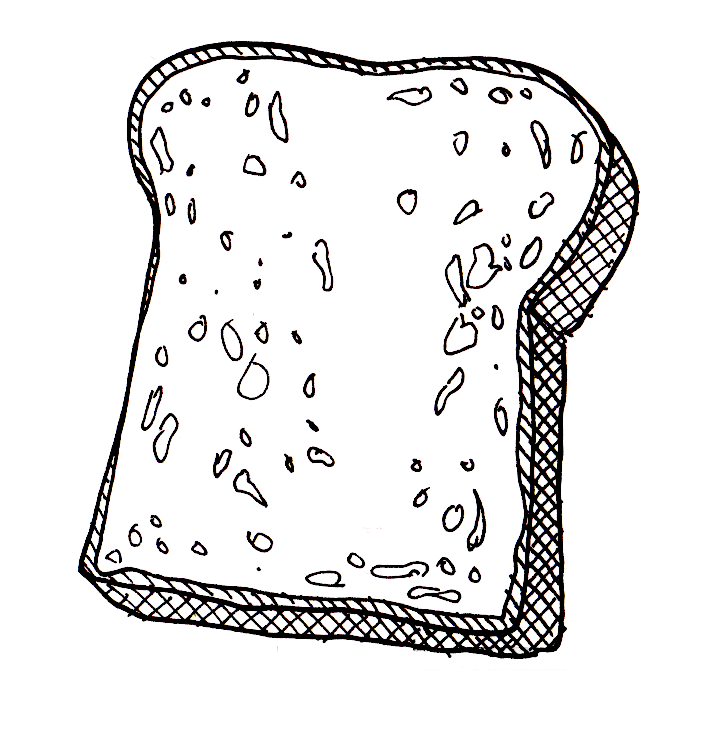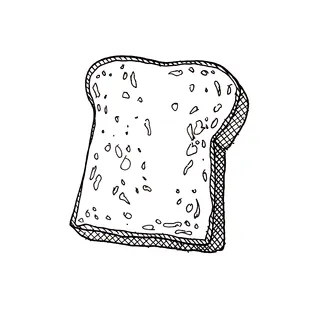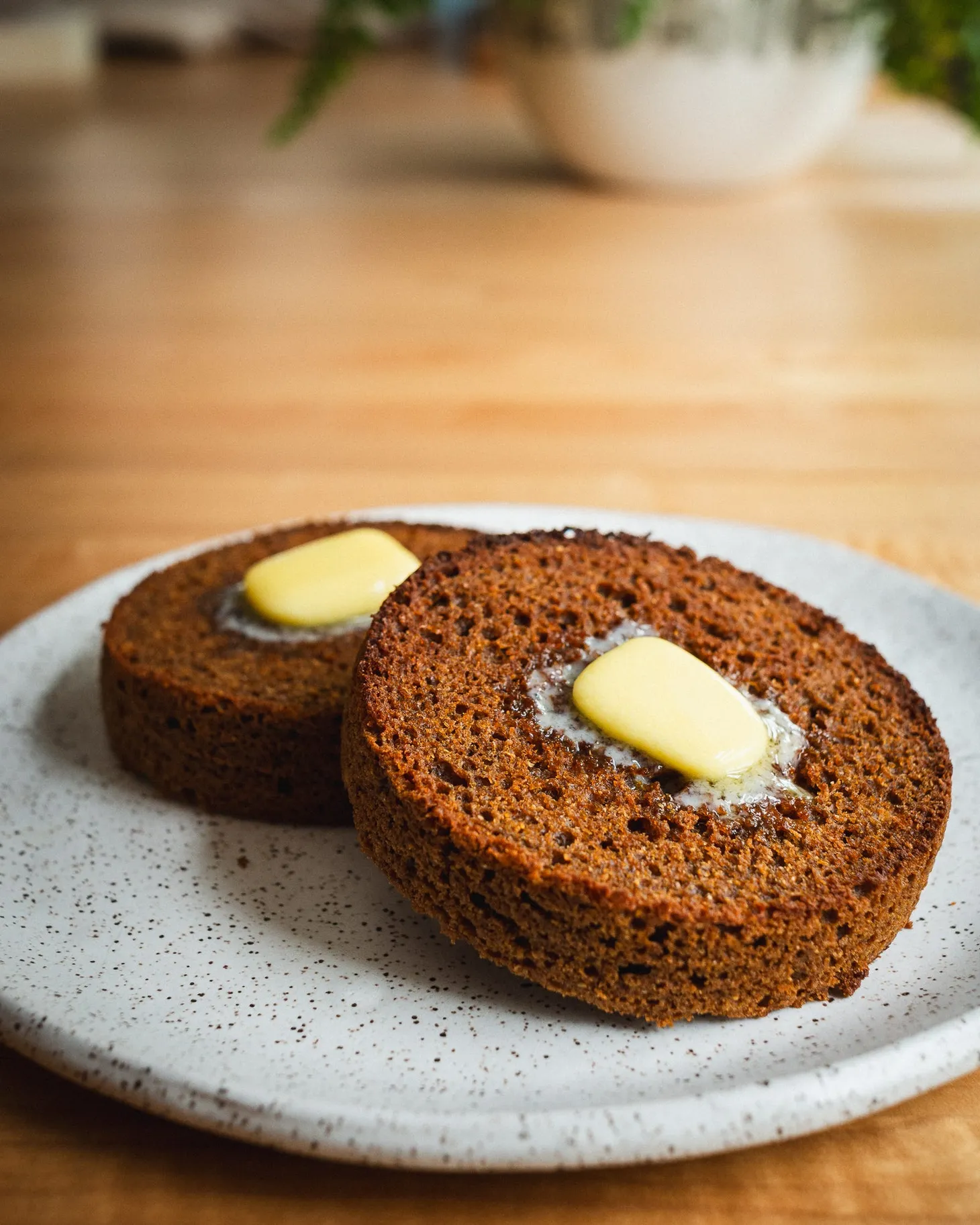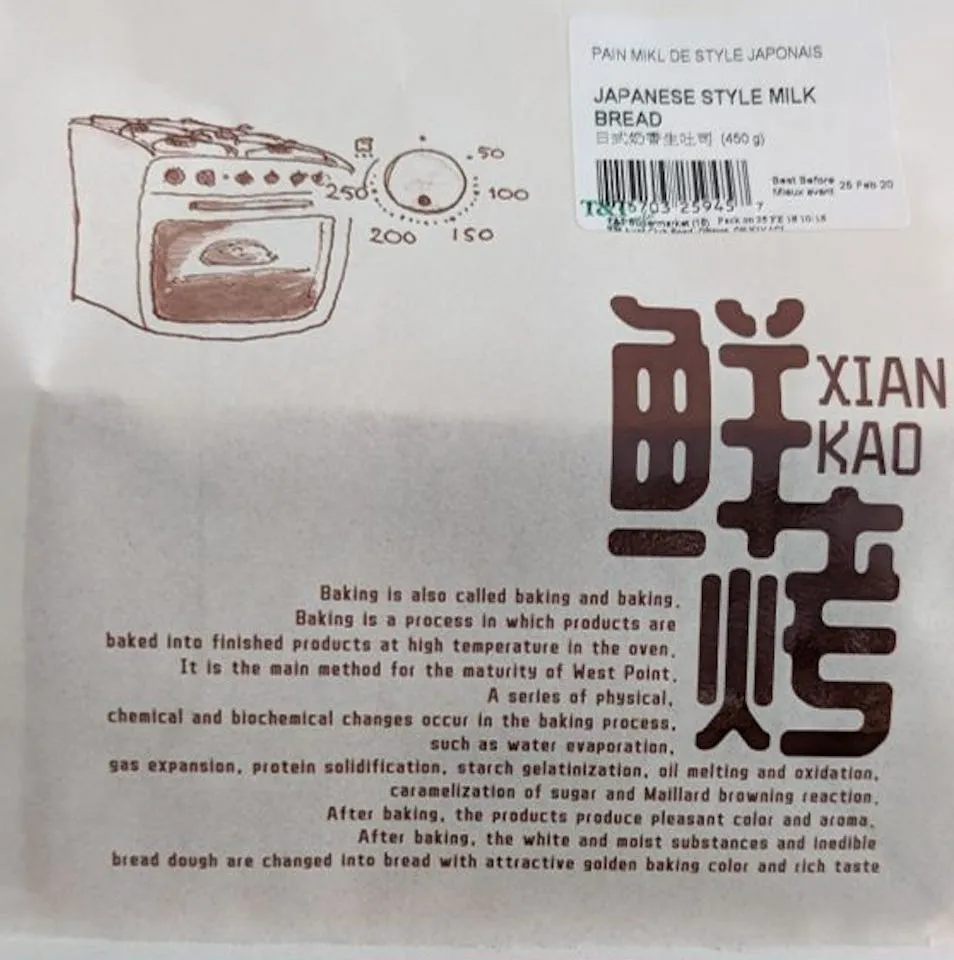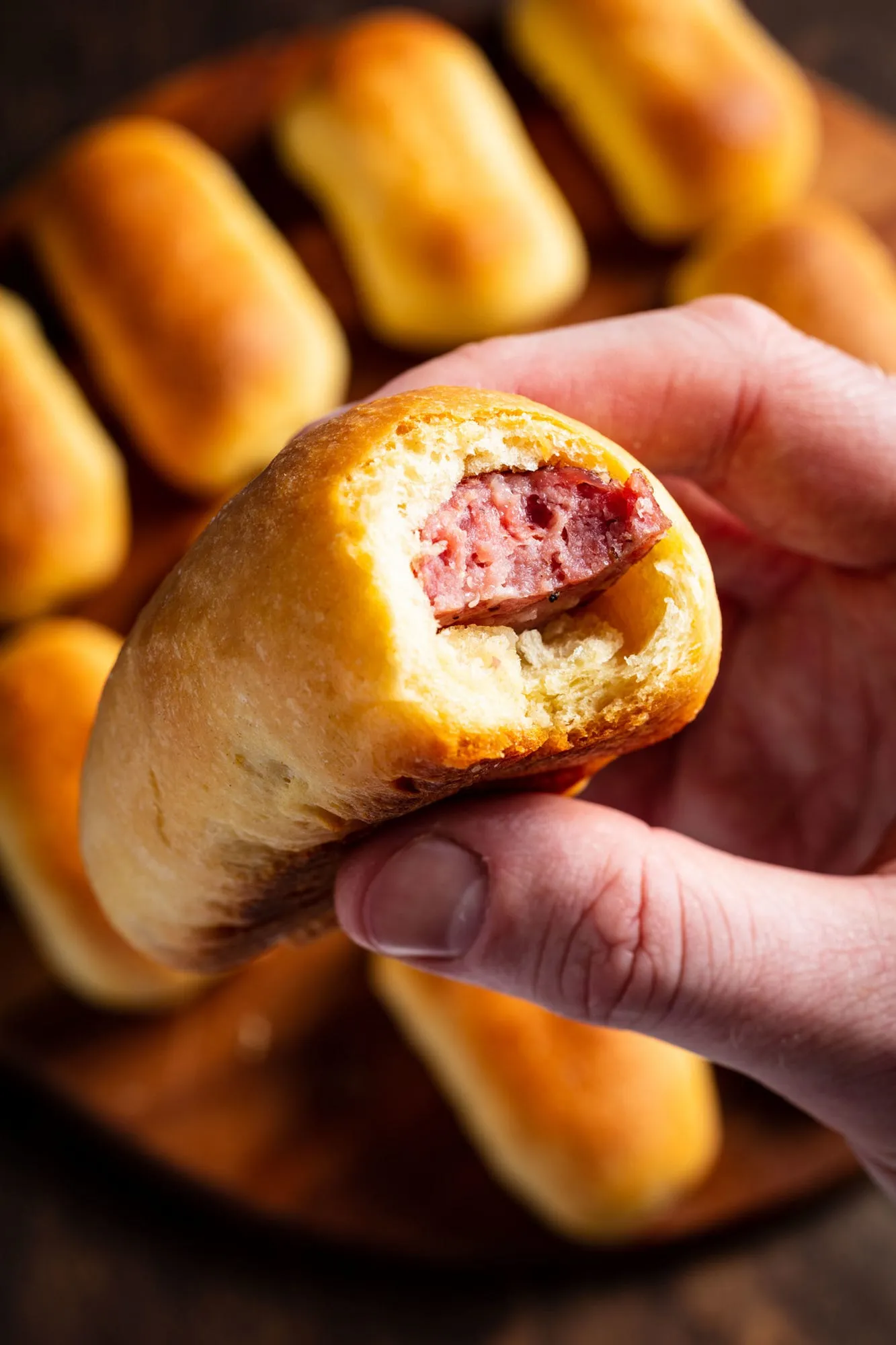The Proof is in the Proofing
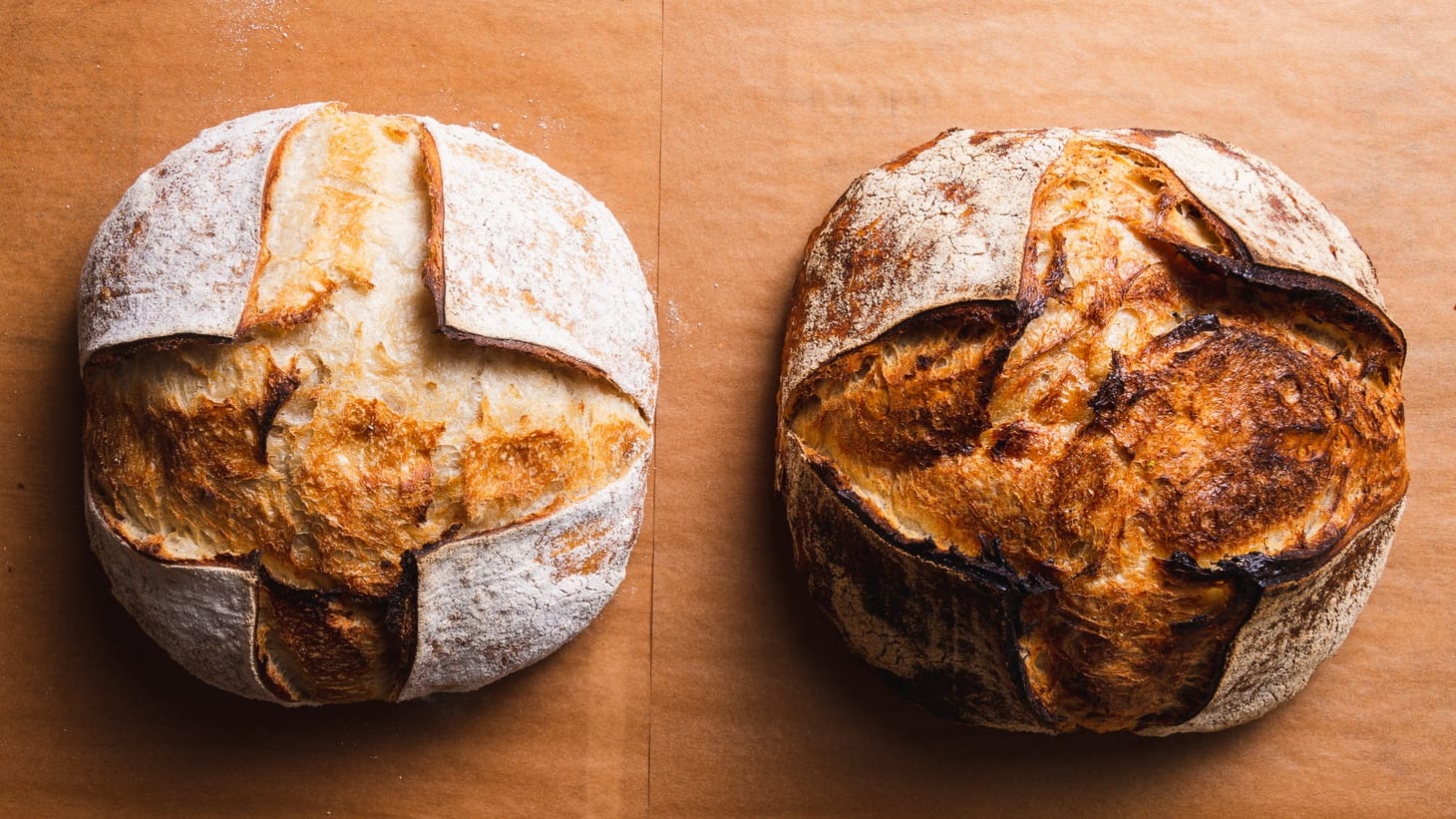
Table of Contents
I taught another iteration of my Sourdough Lifestyle class this past Sunday, and I think it went pretty well. What began as a 90-minute class has now expanded to 3 plus hours, not because I’ve added more material, but because it’s clear that everything that needs teaching cannot be crammed into less time than that. I’m still grappling how best to organize a class that compresses a multi-day process into a few short hours, especially since as such it is necessary to show various key stages of the process out of sequence in order to cover them all. I have no immediate plans to teach it again, but when I do, I think I’ll have the final remaining kinks worked out. In the meantime, if you’d like to download a video the class, it’s available on my Airsubs page.
Something that came up in class over and over again, and that I’ve been thinking about a lot generally, is the sense I now have that one key to success with sourdough is to become intimately familiar with the progression of fermentation in your dough and/or your starter. Or, conversely: I think that the vast majority of problems people have with their sourdough breads can be traced back to a lack of intimate familiarity with the fermentation of your dough and—by extension—your starter.
While I’m as likely as anyone else to chase down the latest new recipe that catches my eye, I also return to a few really basic recipes over and over again. And I know that that’s one big reason my bread baking has improved over the years, and it’s why now I can look at a dough and know exactly what stage it is at and whether or not it is in good shape. (I made a couple of loaves this week that I had a strong feeling early on were going to be duds, and while I hoped against hope that they’d recover once it came time to bake them, they were in fact…duds.)
A reader DM’ed me the other day to say that they wanted to improve their baking and that they wished they’d had the time to get a gig in a bakery to do so, but they did not. They asked in the meantime if I had any book recommendations, something for a beginning baker that would be the equivalent to an apprenticeship at a bakery. While I think there are some good beginner-level, comprehensive bread baking cookbooks out there, none of them is a substitute for plain old, boring practice-makes-perfect. You cannot become a better baker (just) by reading a book, whereas I am certain you definitely can become a much better baker by just making the same few solid, well thought-out recipes over and over again until they become second nature to you.
And I happen to think that two good recipes to work with are my no-knead pain au levain and my four-fold “loaf classic”. Of the two, I think that the latter recipe is the best of the two to focus on if you want to really get to know your starter and how it behaves in your breads, because is hands-on for the entire duration of the bulk fermentation (i.e., the pre-shaping stages). (The former recipe is great too! But it’s great because it is hands-off and can be put to use even if you are short for time, not because it is particularly useful as a learning tool.)
Folding the dough multiple times over the course of the initial stages of fermentation means two things: You will be there to observe the progression of the fermentation and increase in gluten structure within the dough, and you will be using your hands and eyes the entire time, which will allow you to develop both a kinesthetic and intellectual sense of what is happening. Being there to both watch and feel the progress from no obvious activity/no structure to an alive, active, and structured dough will give you the tools you need to understand when a dough is ready to be moved to the next stage (shaping and final proof).
I nowadays say you want to start shaping the dough into loaves when it has expanded 60% to 80% from it initial volume, and when it is domed on top and bubbly within. I used to say when it had “about doubled” in volume, but I think it’s generally better to move it along early rather than later, to avoid overproofing, particularly when the dough is moving fast. But it is equally risky to move it along too soon, since in that case it won’t have built up enough “potential energy” to propel it through the final proof. The thing is, there is a pretty wide window of time here, but you have to know where the contours of that window lie, so you can stay safely away from them.
Because I’m describing a dynamic process and not a discrete thing or moment, something that you judge by feel as much as by appearance, all this is evasive to pin down in words. But it is something that once you know it, you know it. And that knowledge is definitely one of the best tools there is to make you a better baker. The moment you “get” this part of the process is the moment that a lot of everything else will fall into place naturally.
One last thing this week: I am about to start putting together an “index” for the newsletter, because even I am having a hard time keeping track of where the recipes and posts I’ve shared here can be found. (The Substack search box leaves a lot to be desired: A search for “pizza”, for example, only pulls up a few posts from the last couple of months, and nothing from the entire month of pizza posts I wrote last November.) I’m hoping to have at least a working version of it up by next week, so stay tuned.
—Andrew
wordloaf Newsletter
Join the newsletter to receive the latest updates in your inbox.
